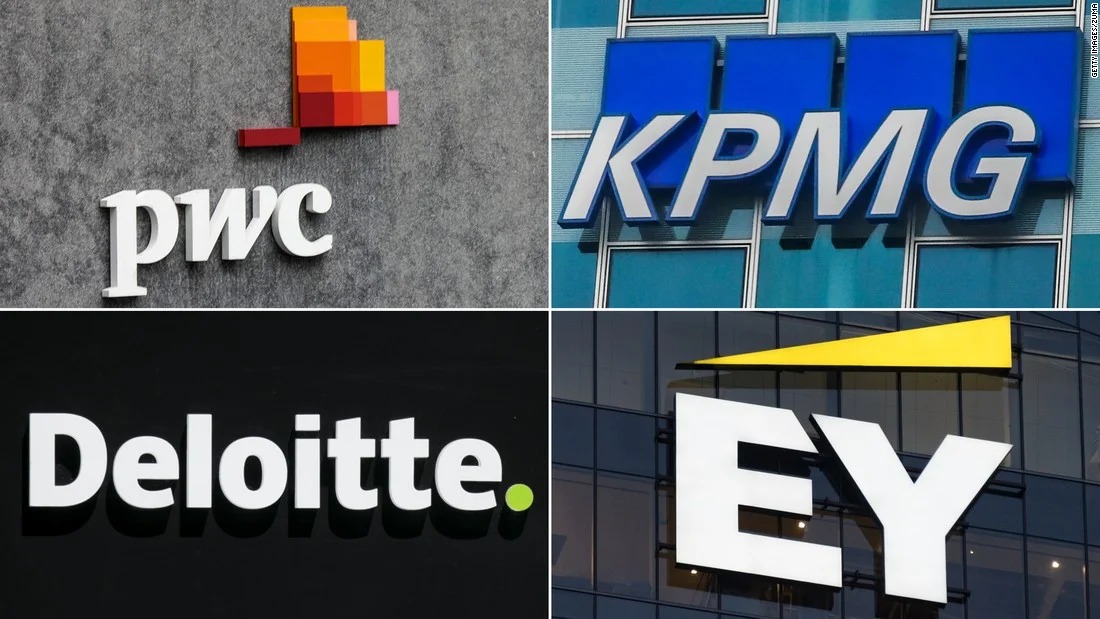
Follow WOWNEWS 24x7 on:

Three years into the generative AI boom, global consulting giants like McKinsey, PwC, and Deloitte are facing a reckoning. Despite billion-dollar campaigns and bold promises, many enterprise clients are pushing back, citing underwhelming results and a mismatch between hype and execution. While consulting firms remain bullish on AI’s transformative potential, the ground reality suggests a widening gap between strategy decks and scalable solutions.
Here’s a comprehensive look at why big consulting firms are struggling with AI deployment—and what it means for the future of enterprise transformation.
From hype to hesitation
- In 2024, global spending on AI consulting surged to USD 3.75 billion, up from USD 1.34 billion the previous year
- Firms like PwC launched aggressive campaigns promising results beyond expectations, while McKinsey and Bain pitched AI as a once-in-a-generation opportunity
- However, many engagements ended in lengthy reports rather than functioning applications, leaving clients frustrated
- Executives from companies like Merck and AmeriSave Mortgage reported that consultants lacked the technical depth to scale proof-of-concept projects into real business impact
Clients push back, in-house teams step up
- The backlash is partly due to timing: consultants were selling AI expertise before the technology had matured into reliable enterprise tools
- Companies like CVS Health and Bristol-Myers Squibb found their internal teams better equipped to experiment with AI, given their familiarity with existing digital systems
- A pharma executive likened hiring consultants to paying someone to learn on your dime
- Many clients have either ended engagements or shifted focus to in-house innovation, citing inflated expectations and limited progress
The pyramid is crumbling
- Traditionally, consulting firms operated on a pyramid model, with junior consultants handling research, modeling, and analysis under senior leadership
- AI tools are now automating these tasks, from data gathering to scenario modeling, challenging the economics and identity of the consulting profession
- Firms must evolve their delivery models or risk irrelevance, as clients increasingly expect faster, cheaper, and more accurate solutions powered by AI
Leadership lag and organizational inertia
- McKinsey’s own research shows that while 92 percent of companies plan to increase AI investments, only 1 percent consider themselves mature in deployment
- The biggest barrier is not employee readiness but leadership inertia—executives are not steering fast enough toward AI integration
- The long-term potential of AI is immense, with McKinsey estimating USD 4.4 trillion in productivity gains, but short-term returns remain elusive
A second wave or slow reckoning
- Despite setbacks, firms like Accenture and KPMG continue to report strong AI bookings, suggesting that demand hasn’t dried up
- Accenture logged USD 100 million in generative AI bookings in a recent quarter, while KPMG identified USD 1.4 billion in potential US projects
- McKinsey partners still tell CEOs that effective AI adoption could double stock prices within five years
- The question is whether consulting firms can pivot fast enough to deliver on these promises before clients fully take control of their own AI journeys
Why this matters
- The struggle of big consulting firms to deploy AI effectively reflects a broader tension between vision and execution in enterprise tech
- As AI tools become more accessible, clients are questioning the value of external advisory and investing in internal capabilities
- Consulting firms must rethink their value proposition, delivery models, and talent strategies to stay relevant in an AI-native business world
- The next phase of AI consulting will demand not just strategy but hands-on engineering, ethical governance, and measurable outcomes
Sources: The420.in

